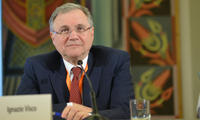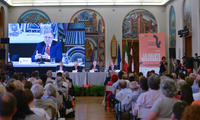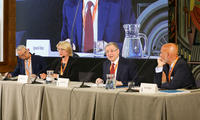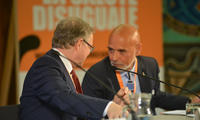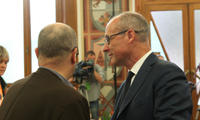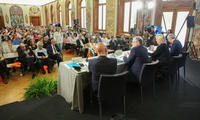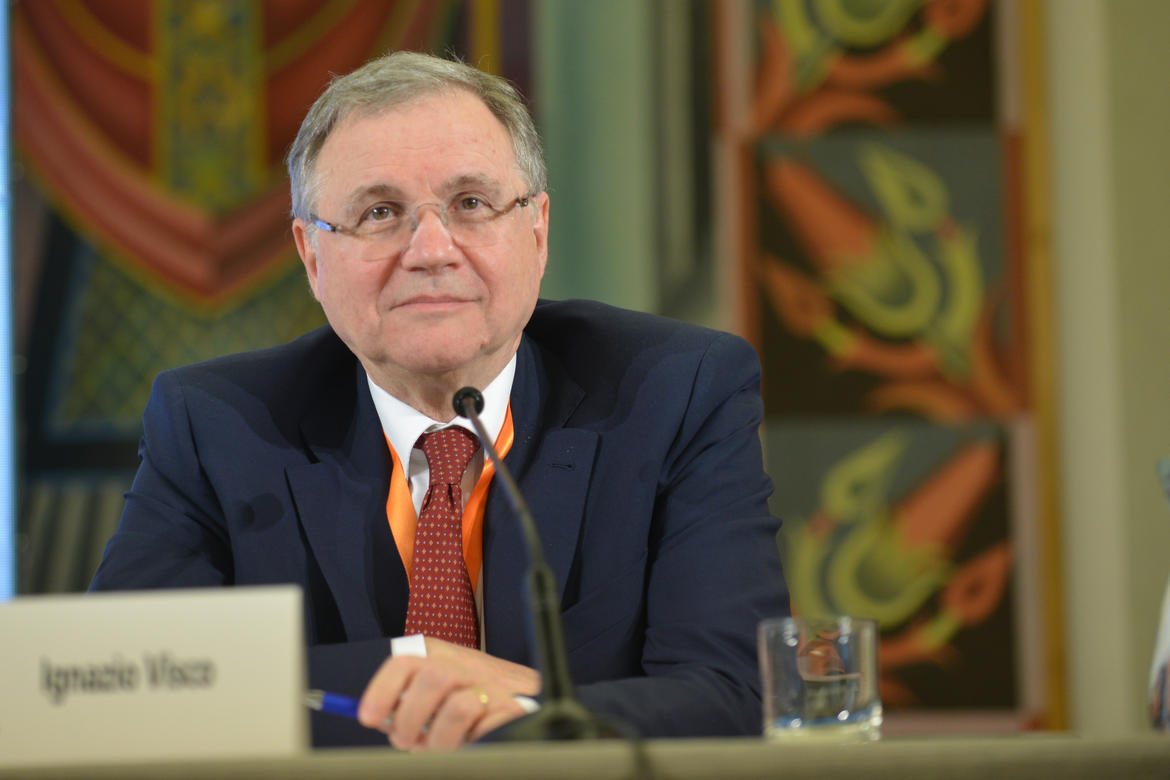
Italy has suffered from the international financial crisis a great deal, with continued high unemployment rates, slow economic recovery, and political unrest that is linked to the economic situation. Visco attributes this suffering to the Italy not updating their economic system to keep up with global partners. He thinks that because of this, Italy may have suffered more as a result of the financial crisis than it did in the 1929 depression. There has been a 10% loss in GDP over ten years, industrial production is down by 25 % and public debt has increased by 130% of GDP. Visco attributes all of these to the financial crisis, saying that the debt rose so much not because of deficit spending to counter the effects of the crisis, but because of the lack of economic growth.
Additionally, the uncertainty in Italian politics has been affecting the markets. Visco argues that the financial markets are very receptive to the political situation. Because of this, changes in the electoral system of Italy may impact the financial markets of Italy, and as a result, the economy of the state. However, it is not the job of central bankers to interfere with politics or even the banks, as Visco explains. Despite trouble with some 30 Italian banks regarding non-performing loans, the central bank can only inspect and control, which makes bailing-out almost inevitable for some Italian banks.
Politics in Italy have taken a turn toward populism as of late, although they are not the only state in the European Union to do so. However, Visco would rather this be called nationalism. He says that this change in politics does not come originate from problems with the euro, but rather from the fear of the new threats that Europe faces. He cites terrorism, mass migration, job loss due to new technologies, and reduction in welfare policies to the source of these fears. However, despite these fears and the lasting and continued effects of the financial crisis, Visco says that we must remain hopeful.
Watch a recap video here: https://youtu.be/UoXkNrM4wuw
Web: http://2017.festivaleconomia.eu
Twitter: @economicsfest







